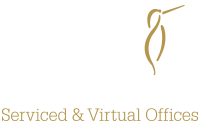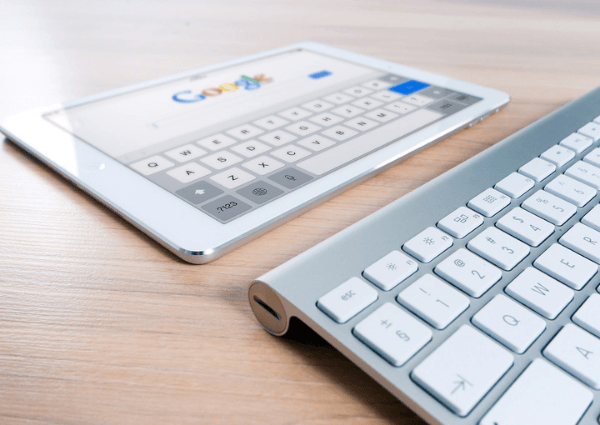
How to accept the new normal is better than the old one?
October 11, 2021
Hybrid workplace: The dynamic working environment
November 30, 2021New Normal
In this bizarrely entitled new normal we presume that certain aspects have developed because the world has simply evolved or adapted. Not only do we have a new perspective there is also an emerging vocabulary which has grasped the nation and, in some cases, acquired global attention. These terms have seemingly gone viral remaining at the top of trending searches since 2020.In this socially connected world, every company works hard in the quest to discover ways to present their content always on the lookout to catch a rise on the bandwagon of trending topics. Popular phrases, keywords and hashtags are used to reach a specific audience to increase followers, likes and shares. For some it's purely a numbers game, for others it's a carefully crafted campaign message aiming to strike at the heart of their audience looking for real engagement.
In our latest blog we are going to visit some of these in an attempt to understand if they are in fact new or just old words whose true meaning have become part of a latest fad.
Remote working
Official meaning - a flexible working arrangement which enables staff and contractors to work from anywhere.Remote working focuses on the idea of telecommuting away from a central physical office under the premise of limitless surroundings and not being confined to any place. Many put this trending topic in the same bracket as home working, but they are two distinctly different ways to work. Therefore, home working is technically the opposite as this is restricted to a residential property.
The phrase remote working first began as early as the industrial revolution when workers were known to work in and around local areas thus not travelling long distances to offices or factories. Most owned their own businesses forging careers in farming, baking, pottery, and retail shops such as barbers, butchers and tailors making this a four-century year old trend that hasn't gone away.
Hybrid working
Meaning - the ability for staff and consultants to combine the benefits of both remote and centralised office working.During the various lockdowns most, corporate based offices were duty bound to close their doors and staff members retreated to work from their homes. Due to the length of time companies had to endure they started to adapt by introducing processes and procedures to enable operations to continue without disruption. This created a presumed major shift in behaviours with workers emerging out of their homes wondering why they should return to commuting, outlying a substantial portion of their wage and time on travelling. Plus, business owners realised they could reduce overheads by relinquishing large-scaled office space.
This fantastical new way to work appeared to finally offer the answer to a long list of overdue business operational issues. However, this dual based style of working first appeared in the 1980's when laptops became popular with executives. Considered as a perk for those at the top of the hierarchy the portability of technology enabled a cross functional deployment from office to anywhere making this a forty-year-old trend.
Social distancing
Meaning - to reduce social interaction between people.When the pandemic first struck no one could comprehend the gravity and the intrusive nature to our daily lives. Seeming to appear out of nowhere and descending upon our homeland the government implemented a number of stringent measures designed to keep us safe. Stay at home, wear masks and the 6 ft or 2-meter rule quickly became part of our vocabulary.
However, 2020 was not the first time this method had been used. In fact, this is a common intervention prescribed as a non-pharmaceutical policy when diseases are airborne. It has been around since biblical times and was similarly introduced during the 1918 flu pandemic, making this a go to economical health requirement which hasn't gone away.
Conclusion
Whilst there are many other words which have appeared in our everyday vocabulary one thing remains clear we are constantly building on the breeze blocks of the past. Nothing is ever completely and wholly original. If something works then it makes sense to use it again and if it doesn't then it needs to be adapted.The term 'new normal' was coined not because the old one had ended but to draw a proverbial line in the sand giving rise to the perception of a new beginning. This makes sense as the last two years have shaken the world and our basic human instincts of resilience requires us to recreate.
In the centuries and decades to come this bleak part of our human existence will dissolve into an element of history in which we can look back, study, and learn. Most importantly it provides evidence to rebuild a healthy future and incorporate efficiencies to improve upon how and where we work.





